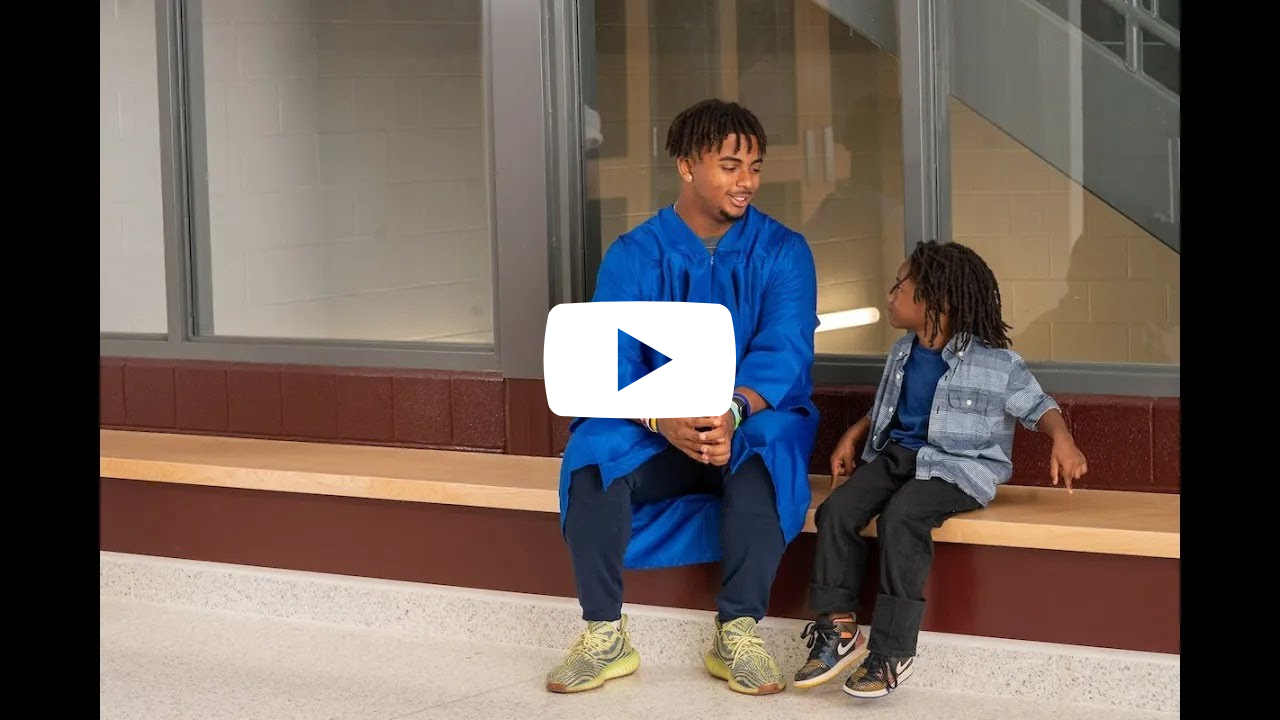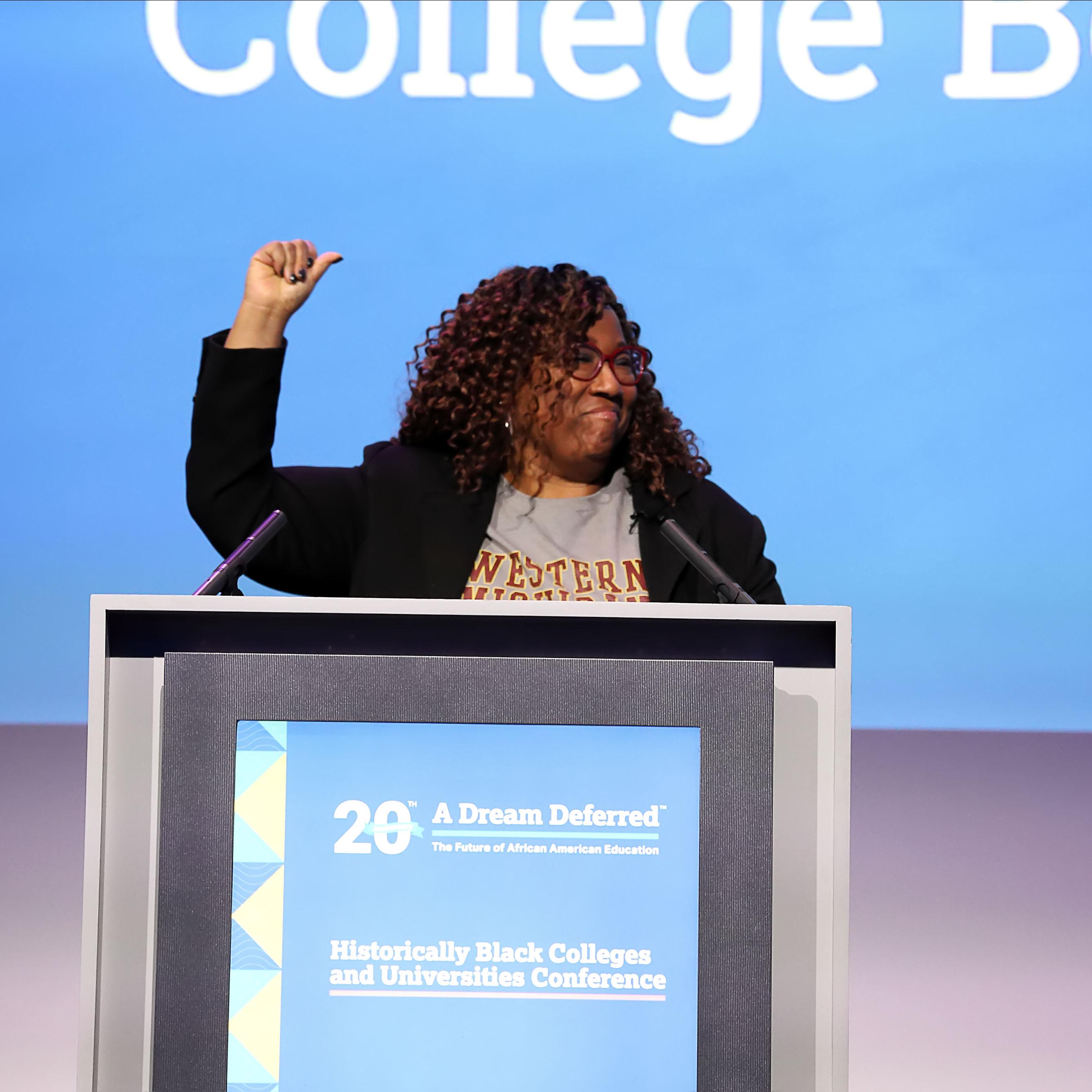A Dream Deferred | HBCU Conference 2024
4 Ways to Bridge the College and Career Gap
At A Dream Deferred™: The Future of African American Education Conference, three college and career coaches from Fayette County Public Schools (FCPS)—Brandy Ashford, Monica Jones, SHRM-CP, and Charliese B. Lewis—shared their insights in the session titled Bridging the College and Career Gap: Underrepresented Families and Educators.
They discussed equipping students for life beyond high school with a focus on equity, accessibility, and family engagement. Here are the four key insights from the session:
Develop a “Portrait of a Graduate”
Created by FCPS with input from families, the Portrait of a Graduate is a framework that encapsulates the goals the school urges every student to strive for. With support and collaboration from educators, counselors, parents, and families, FCPS helps students develop these attributes:
- Academically Prepared: Mastering and applying knowledge, with self-driven learning goals.
- College and Career Ready: Achieving benchmarks, with skills for the workplace and problem-solving.
- Civically Engaged: Advocating for societal needs through service, empathy, and respect.
- Culturally Competent: Understanding and bridging diverse cultural and linguistic backgrounds.
- Equipped for the Future: Focusing on wellness, financial savvy, and ethical integrity, with future plans.
The school’s Elevate online platform supports these goals, helping students to chronicle the educational milestones that shape their journey through grades 6–12.
Empower Through Engagement
The coaches shared insights into family and community engagement using the Dual Capacity-Building Framework. Developed by Dr. Karen Mapp, it is designed to establish a foundation for family-school partnerships. Its aim is to strengthen these relationships to support student achievement and school improvement. The key components of the Dual Capacity-Building Framework include:
- Building Adult Capabilities: Enhancing the skills and knowledge of both educators and parents to engage in partnerships that support student learning.
- Aligning Systems: Creating connections between schools, families, and community resources.
- Creating Conditions for Partnership: Ensuring an environment that is conducive to collaboration and respects diverse family and school cultures.
- Guiding Principles for Family Engagement: Establishing effective strategies for sustainable partnerships.
Strengthen Partnerships
A central theme was the significance of family and community partnerships. These collaborations are vital for creating a supportive environment where students can thrive academically and personally.
Provide Focused Support for All
Lastly, the coaches highlighted the specialized mentoring and programming available for underrepresented students, ensuring that every student has the support and guidance needed to succeed.
To learn more, browse through the full presentation here.





